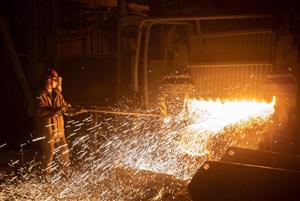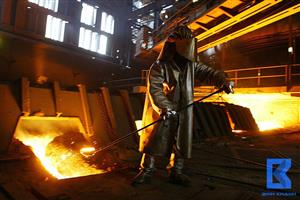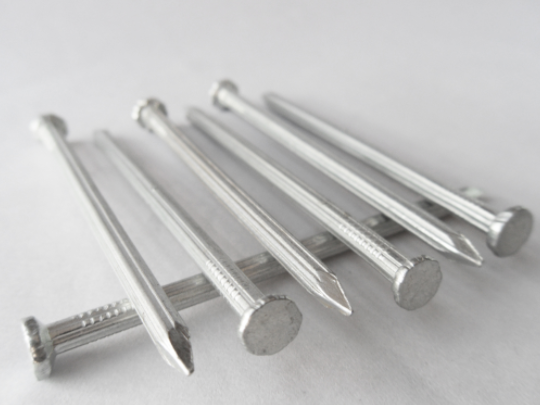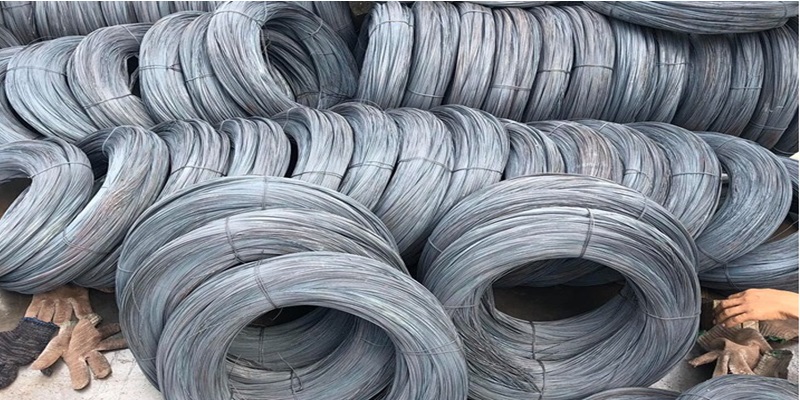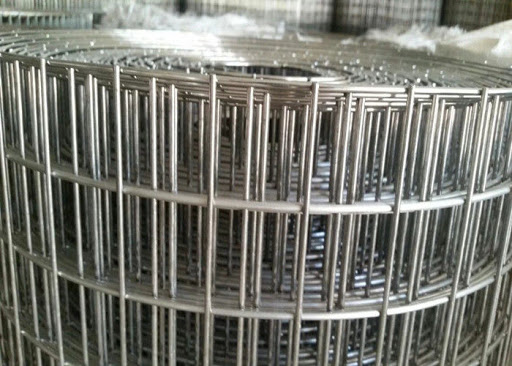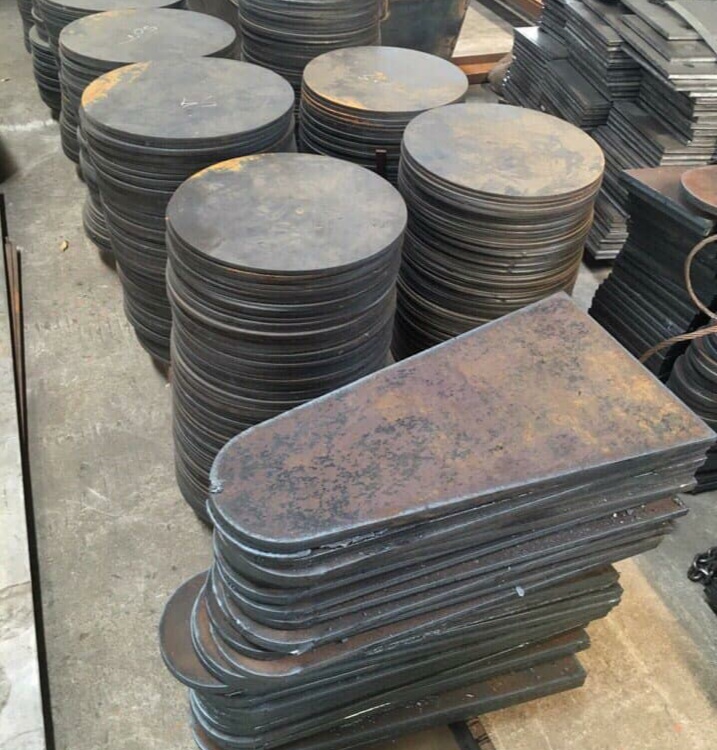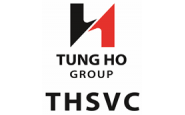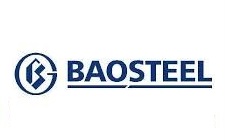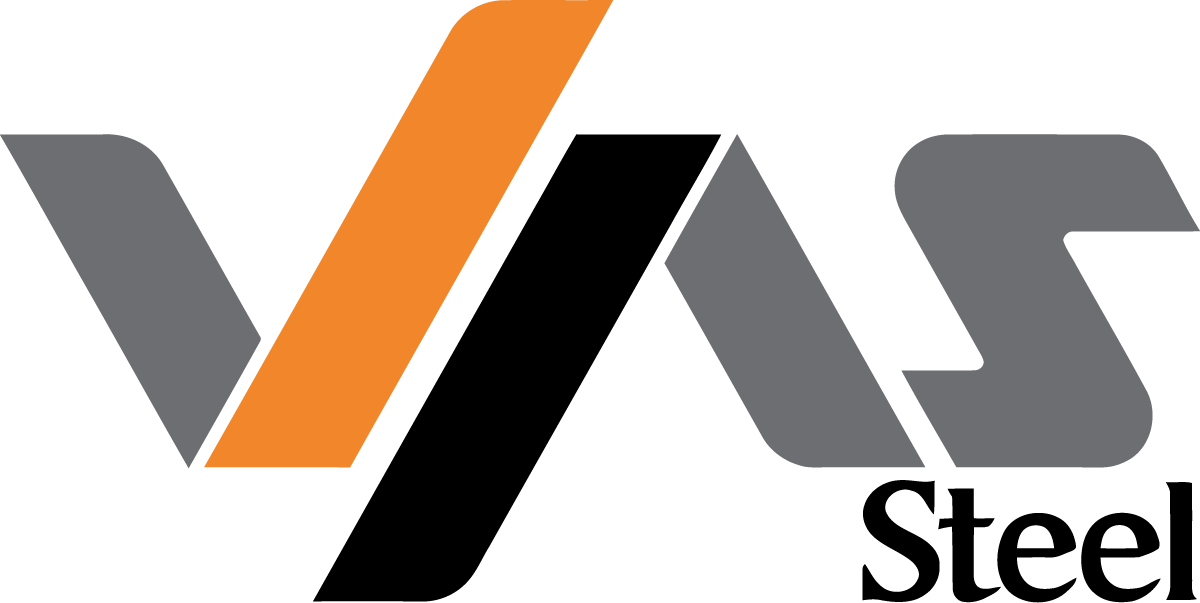Experts believe that a more comprehensive, comprehensive and fundamental solution is needed to overcome difficulties and support the steel industry to recover and develop.
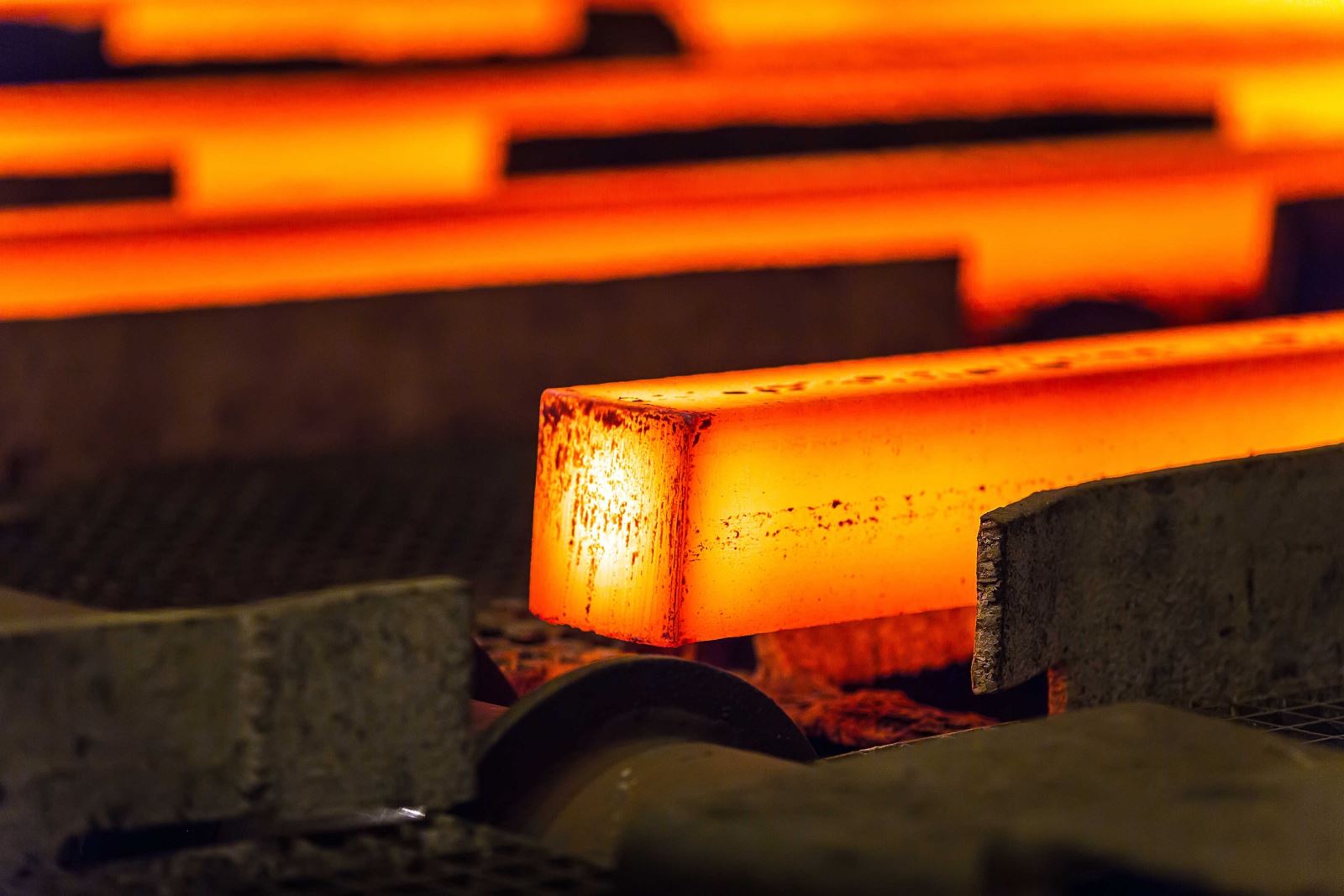
Steel businesses are struggling in a difficult position
In mid-June 2024, Prime Minister Pham Minh Chinh chaired an online conference on removing difficulties and promoting production and consumption of cement, iron and steel and construction materials.
The Vietnam Steel Association (VSA) said that our country's finished steel production forecast in 2024 could reach 30 million tons, an increase of 7% compared to 2023. Steel consumption in the domestic market this year is expected will increase 6.4% compared to 2023, reaching 21.6 million tons. Estimated inventory is about 8.4 million tons.
Vietnam Steel also faces trade deficit pressure. In 2023, imports of finished steel products of all kinds to Vietnam will be about 13.33 million tons with a value of more than 10.4 billion USD, an increase of 14.07% compared to 2022. China is the country that exports the most to Vietnam. with more than 62% of total volume and more than 54% of total value.
VSA leaders said that the biggest difficulty is that China continues to increase steel exports, Vietnamese steel manufacturers face the risk of losing the domestic market. In addition, the increase in production protectionism around the world as countries strengthen technical "barriers" and trade defenses to prevent imported steel to protect domestic production is also a concern. A significant obstacle to Vietnam's steel exports today.
Along with that, the situation of "oversupply" of many domestic steel products and the increase in imported steel will make price competition for domestic finished steel products become more fierce. There are many uncertainties in the world market, increased international transport rates... also pose many potential risks for steel industry enterprises.
According to the Ministry of Industry and Trade, Vietnam's steel industry is currently facing many difficulties due to increased world demand, especially the decline in the domestic real estate industry, leading to the need for steel input for the production of steel products. construction industry and exports decreased; Rising raw material prices cause high production costs; Steel inventory circulating in the market is still high,...
According to the Ministry of Industry and Trade, steel is one of the products subject to the most trade defense investigations in the world. By the end of May 2024, out of a total of 252 foreign cases investigating trade remedies with Vietnam, about 30% of cases involved steel products.
The steel products under investigation are quite diverse, including galvanized steel, cold-rolled stainless steel, color-coated steel, steel pipes, steel coat hangers, steel nails, etc. These lawsuits mostly occur in export markets. Vietnam's main steel exporters such as the United States, EU, Australia, Malaysia, Indonesia...
A typical example of this story is the stainless steel segment. Each year Vietnam produces more than 800,000 tons of stainless steel, but the consumer market is only about 250,000 tons, of which domestic enterprises sell more than 115,000 tons (about 45%) and imports up to 135,000 tons (about 55%).
Stainless steel exports annually approximately 250,000 tons/year but has recently encountered difficulties due to the difficult world economy and declining overseas demand. On the other hand, Vietnamese stainless steel is also subject to high trade defense taxes in some markets such as Thailand (tax 310.74%), Malaysia (tax from 7.81% - 23,845), Turkey. United States (19.64%-25%), United States (16.24%)... Currently, some exported stainless steel products continue to be investigated in India and the European Union.
Thus, Vietnamese stainless steel enterprises are in a "difficult position" when both facing competition from imported goods with price advantages in the domestic market, while also having difficulty promoting Strong export, expanding foreign markets.
What do businesses want?
Faced with current difficulties, the Vietnam Steel Association has proposed that the Government direct relevant agencies to continue building and perfecting the system of regulations, technical management standards, quality management, and fences. techniques to prevent steel products that do not meet technical safety and environmental standards from entering the Vietnamese market.
The Ministry of Industry and Trade promptly applies trade defense measures (safeguard measures, anti-dumping, anti-subsidy, and trade evasion) to prevent unfair competition practices and protect production in the domestic market. water.
Mr. Pham Cong Thao, Vice President of VSA, said that the steel industry is the first industry to apply trade defense measures. This defense comes from too great pressure on imports. In recent times, Vietnam has also had a number of trade defense measures such as steel billets, construction steel, stainless steel, color-coated steel sheets... recently, businesses have also raised the issue of applying trade defense measures. with some new products and continue to maintain trade defense for some products such as stainless steel.
"To protect domestic production, applying trade remedies is good in specific cases. VSA encourages the application of trade remedies to domestically produced steel products that have been fully implemented. all domestic needs," Mr. Thao proposed
This expert believes that the WTO has tools to limit unfair competition such as dumping in the market or imported steel that affects and harms the domestic steel industry. Vietnam's steel production industry is still quite young, so its competitiveness is still limited. When imported steel floods the market with dumping, it will damage Vietnam's steel production industry and hinder the development of the steel industry.
According to Dr. Nguyen Thi Thu Trang, Director of the WTO Center and Integration (VCCI), trade defense measures, especially anti-dumping, are legal tools for the domestic manufacturing industry, specifically steel production, can be used to protect its legal rights against unfair competition practices such as dumping or selling products subsidized by the Government of the exporting country to Vietnam. .
According to Ms. Trang, in the long term, what the state can do to support is to design a legal framework and organize an apparatus to implement trade defense tools in a reasonable, strict, and transparent manner. in accordance with the WTO so that domestic manufacturing enterprises can use it conveniently and effectively to protect their legitimate rights and interests according to regulations.
Experts say that in the steel production industry, Vietnam is behind, always losing compared to other steel producing powers. Therefore, businesses hope that the Government will have a positive, timely and harmonious response to protect steel production, which is considered a basic industry for Vietnam to have a production and market. Steel consumption develops sustainably and healthily.
Cafef
 English
English  Vietnamese
Vietnamese



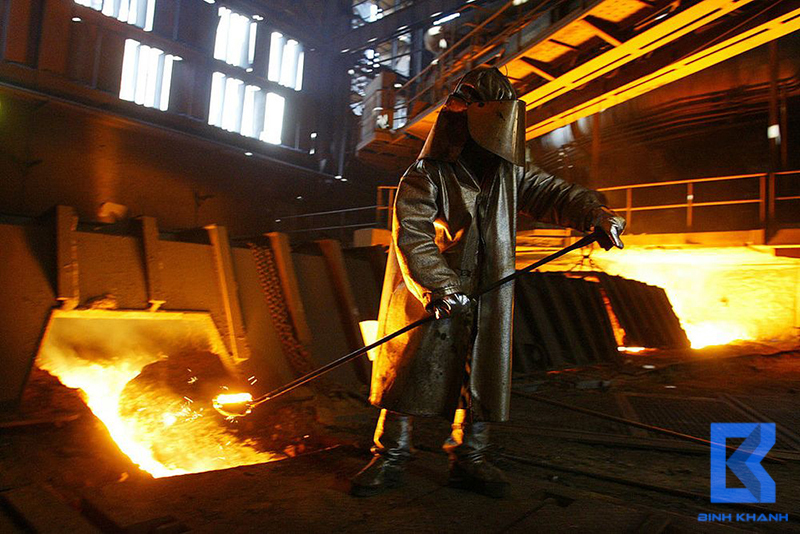

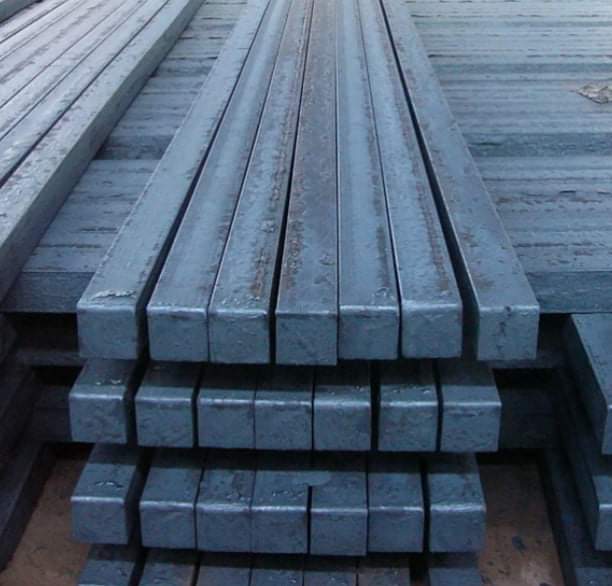

w300.jpg)
